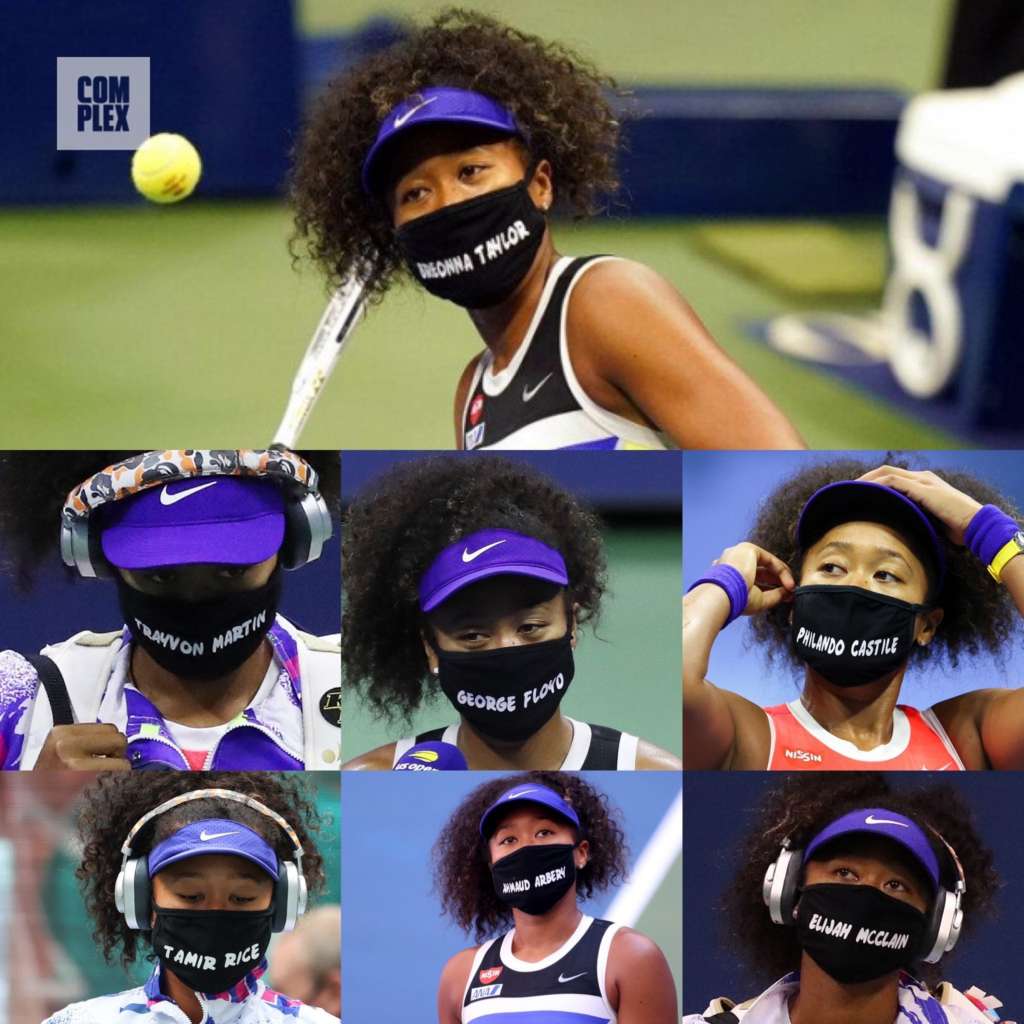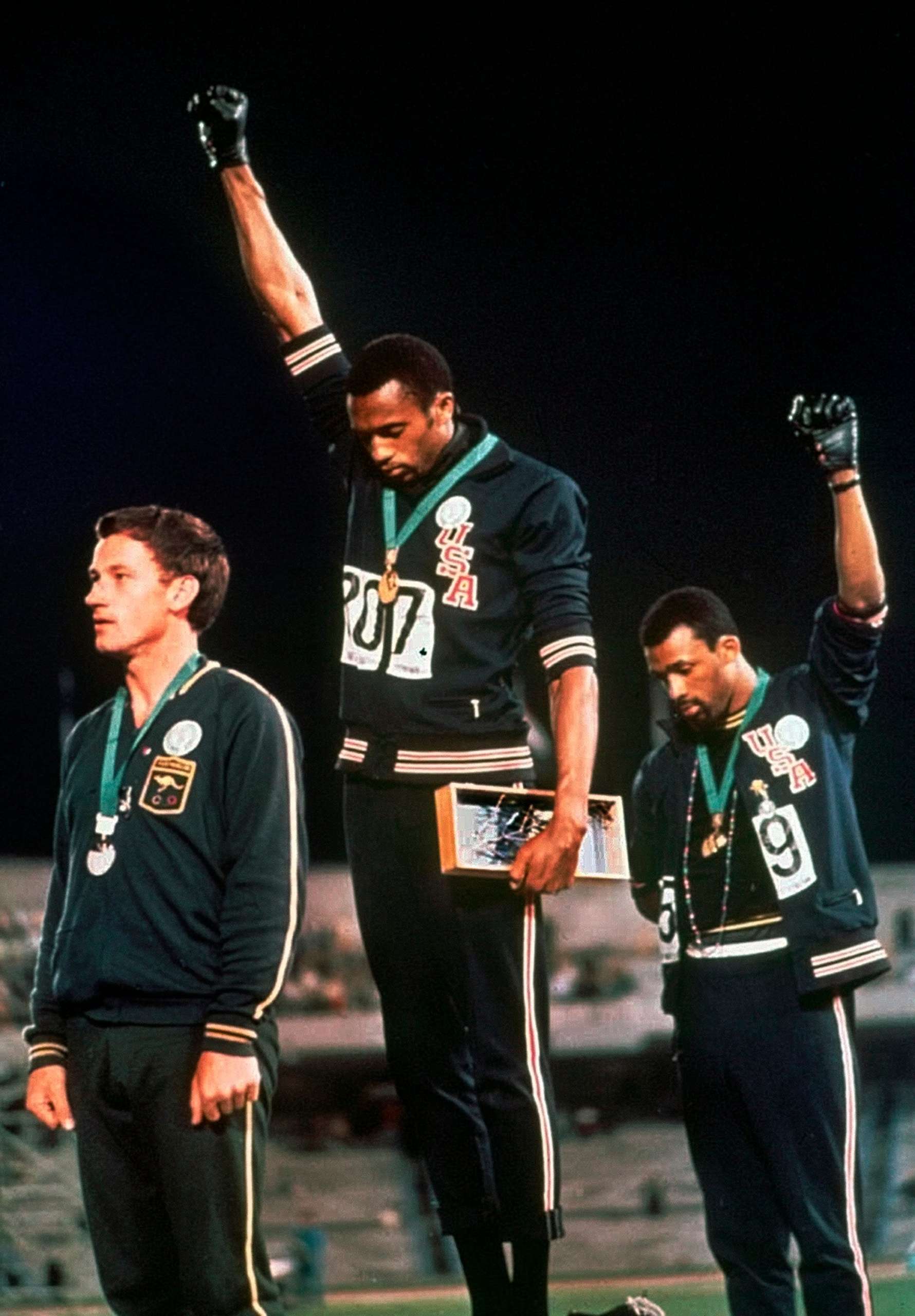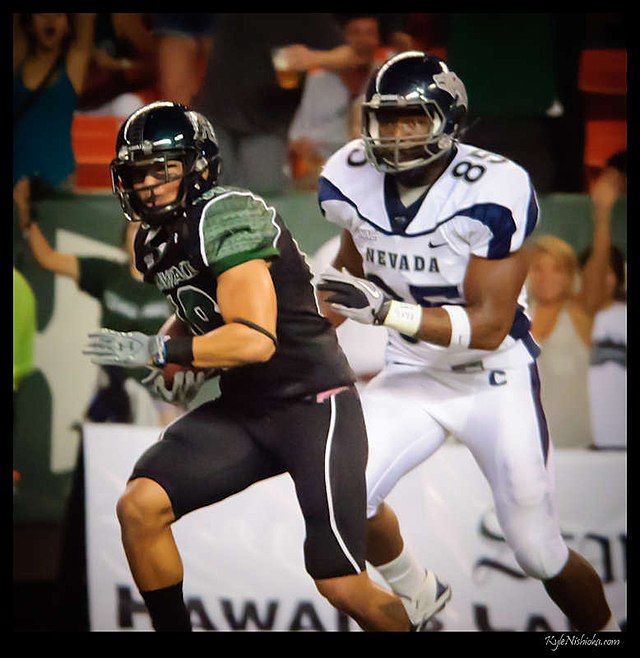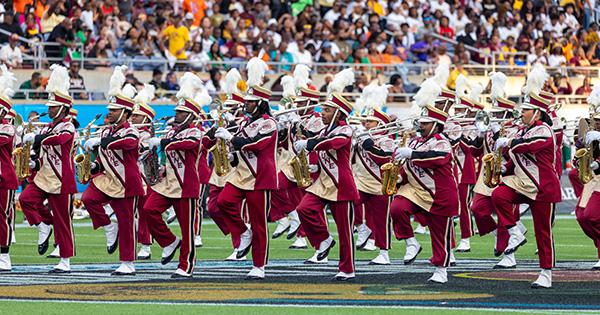When Athletes Stand for Justice
When the Mexico City Olympics began in the fall of 1968, the year had already been one of the most turbulent in all of human history, especially in the United States. The world had lost both Dr. Martin Luther King, Jr. and Robert F. Kennedy to assassinations, and the war in Vietnam had created a divide between generations the likes of which had never been seen before. Throughout that time, one believed that the Olympics could serve as a bubble of sorts away from the problems of the day. It would be a time where everyone could be reminded of what the world could be when everyone doesn’t see color or political affiliations but rather, a coalition of the greatest athletes of a generation.
Or so they thought.
It was the end of the 200 meter running event, and American athletes Tommie Smith and John Carlos were prepared to go onto the podium to receive their Gold and Bronze medals, respectively. Australian runner Peter Norman was on the podium as well to receive the Silver medal. Each of them wore Olympic Project for Human Rights badges on their jackets, but Smith and Carlos wore black socks instead of shoes to represent black poverty in the United States. In addition, they each brought black gloves to the podium and as the Star Spangled Banner was playing, they bowed their heads, raised their gloved fists in solidarity, resulting in a chorus of boos as they left. Prior to the gesture, Black athletes had been encouraged to boycott the Olympic games at the suggestion of sociologist Harry Edwards, founder of the OPHR.
Smith said after they left, “If I win, I am American, not a black American. But if I did something bad, then they would say I am a Negro. We are black and we are proud of being black. Black America will understand what we did tonight.” In addition, Smith said that the protest was not just a Black Power salute, but it was in response to the lack of Black assistant coaches, to how boxing great Muhammad Ali was stripped of his title, to the lack of access to good housing opportunities for Black families, and children not being able to attend the best colleges.” Although both Carlos and Smith were stripped of their titles, what resulted was the intersection of sports and culture meeting on the grandest stage, and finally the world knew that Black people were no longer going to be silent.
The bravery of Smith and Carlos’ protest should have been an eye opener to a world that largely shunned Black athletes despite their brilliance on and off the field, court or diamond. I remember as a teenager the first time I saw Denver Nuggets guard Mahmoud Abdul-Rauf, earlier known as Chris Jackson, refused to stand for the national anthem during the opening of NBA games back in 1996, calling the U.S flag a “symbol of oppression”. It was stirring, especially since it was something not often discussed during that time. He took a lot of criticism and much like Chicago Bulls guard Craig Hodges, was essentially blackballed from the league. It showed that even when one took a stand for what they believed in, that not everyone was going to be supportive, which brings us to today.
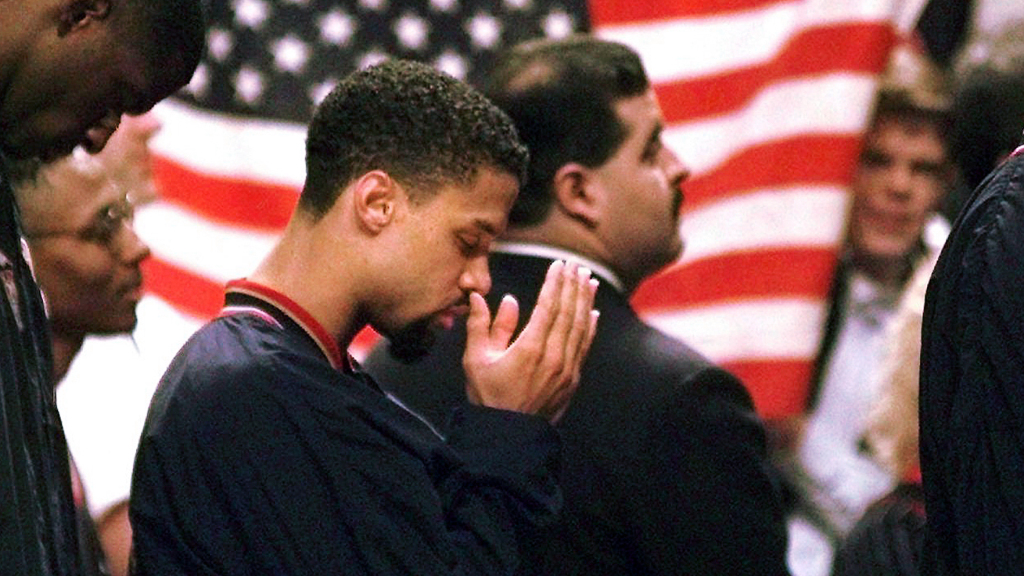
We’ve seen Black athletes around the world, from LeBron James to Naomi Osaka, use their platforms to call out the evils of racism and the seemingly never-ending result of lives taken. This has been publicized to levels we’ve never seen since the 1960s, only now there is social media to keep the movement in front of the cameras every day. What Colin Kaepernick has done is sparked the conversation, whether or not people agree with his actions. Athletes have been told to “shut up and dribble,” and that comes from a mindset where Black athletes are supposed to only provide levels of entertainment. However, the days of being quiet are no more, and now these multi-million dollar stars are calling the shots. Their dominance is no longer being regulated to a simple scoreboard, but it’s in the streets, it’s in the schools, and now it has made its way into the consciousness of those decision makers who are forced to realize that just cutting the checks won’t silence the voices.
